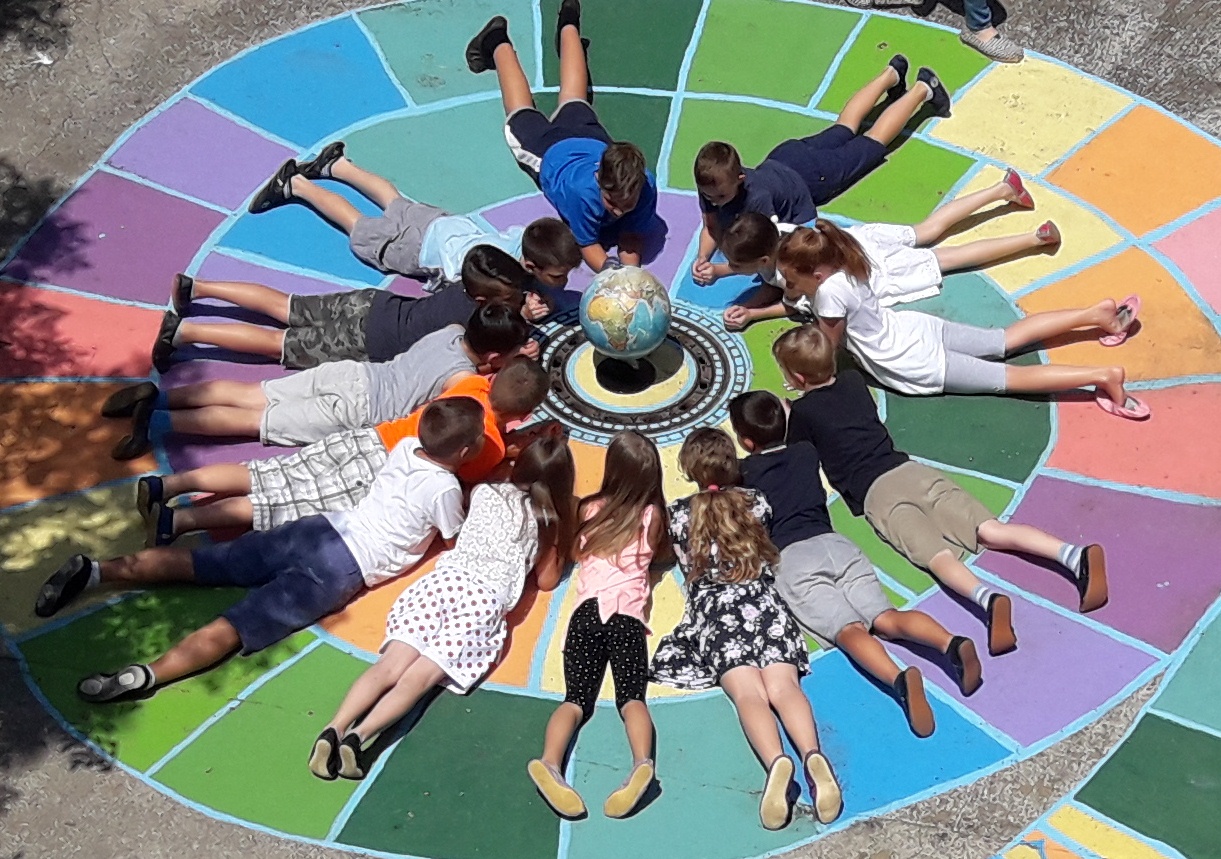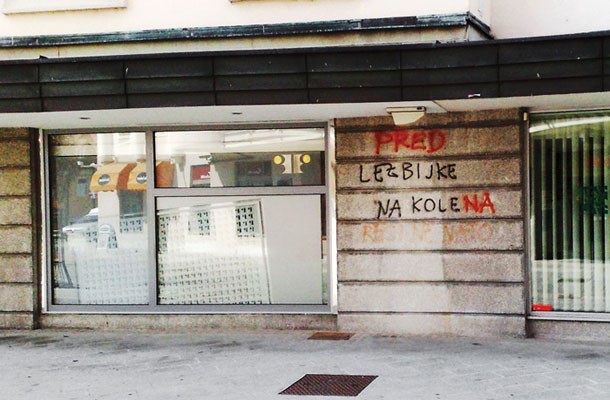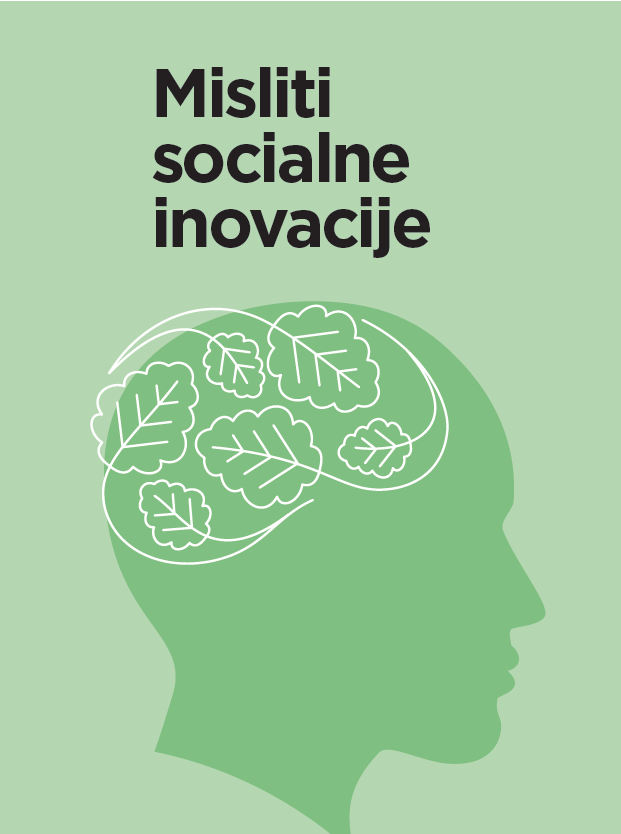FAMILY ZONE
VICKY LEIGH AND DR. KIRSTIN KERR
The Challenge
Each of the wards of North Manchester UK is in the 1% of most disadvantaged nationally and the Family Zone areas of Collyhurst and Harpurhey is made up of the highest ranking LSOAs in England.
The spatial concentration of poor individuals in the area directly relates to poor provision of core public services. This inadequate private and public sector provision weakens links to external networks and the opportunities and solutions they may afford the children and their families. Therefore, all children who live in this area are automatically disadvantaged by these area effects regardless of what happens in their personal lives. However, for a significant percentage of children in North Manchester the very low levels of economic activity make their lives complicated, painful and their future opportunities contested.
For many of these children there is an absence of desirable positive conditions such as a consistent supply of nutritious food, a clean, comfortable, equipped home, positive relationships, happy family experiences and the provision of play and learning equipment. For too many it is compounded by the active presence of unwanted factors such as crime, domestic violence, risk taking behaviours, illness, accidents, premature death and pregnancy. These factors combined make the family reality much too fluid and unstable. Members of the family can suddenly disappear or be replaced by apparent strangers to the child. Children in these situations often present with stress, anxiety, sadness, silence and fear. It is not surprising that these children fail to make the progress of their peers in more affluent circumstances. Neither is it surprising that the schools alone in North Manchester, even in collaboration, cannot do enough within the school walls, to mitigate the risks that originate outside of them.
The Family Zone response to the area disadvantage and its impact on children, young people and their families, reflects the lessons learned from the last twenty years of regeneration, not only in North Manchester but from other national and international projects, not least of which the Harlem Children’s Zone model in New York.
The Response
The primary focus of the Family Zone is the children of the area, between the ages of 0-19 years. Its core aim is to secure the best economic and educational outcomes for these children in the context of a happy, safe and memorable childhood. The proposed programme for the Family Zone has three arenas. The first is in the child’s immediate home and family context, to identify, build and strengthen assets and resilience. The second is within the diverse education provision, where a tracking and intervention system will provide the pipeline effect regardless of where the child is educated. The system, which will secure three types of progress in children between 0-19 years by tracking their individual journey and identifying precisely the moment when progress might stall and intervention, be required to restore the child to their expected progress trajectory. The progress measured will be academic; personal development; and health. Finally, the third site is the local community where innovative and dynamic programmes will be offered first in the local community but will also outreach into school and the home.
Expected Outcomes
The following six outcomes capture the hope for all the children in the area:
The Family Zone children will be asset rich and resilient to the effects of area and personal disadvantage
All Family Zone children will make good or better academic progress at each key stage of their education
They will be physically, socially, emotionally safe and healthy
They will be able to secure the employment opportunities of their choice.
They will be able to contribute to the community
The children and their families will have very positive perceptions of living within the Family Zone
Key Partners
The Family Zone is driven by a group of conjoined agencies known as Project 10 Ltd. This is fundamentally different from collaborative or multi agency programmes. The organisations’ unique relationship originates in the legal entity of the charitable incorporated organisation they have created together. The professionals managing this company are seconded from many diverse organisations, currently working in North Manchester, to secure the best outcomes for young people. The impetus for this development is found in each organisation at a senior executive level. The organisations involved are: HMG Paints; GP Surgery; Sure Start at Collyhurst Nursery; St Malachy’s RC Primary School; Holy Trinity CE Primary School; Manchester Communication Academy and Manchester Communication Primary Academy; Manchester Adult Education Service; Manchester College; Manchester University; North Manchester Regeneration Team; Northwards Housing Association; Manchester City Council Early Help; Manchester City Housing Department; Once Upon a Time Ltd; Places for People Housing Association; Collyhurst and Harpurhey Tennants And Residents Association; Barnardos; Factory Youth Zone and YPAC Youth Service.
The Project 10 organisations will ensure that the Family Zone approach will be grafted into their existing processes and systems and shared widely with other providers. This will ensure a permanent and sustainable offer unaffected by funding levels. The Family Zone will exist around the clock. It will be organised so that it does not operate for only part of the day, or the week, or the year. It will not stop when the lights go out or when the professionals drive home at the end of the working day. To be successful the Family Zone has to be essentially North Manchester.
Response to the Innovation
Locally we approached a number of schools we were already working with across North Manchester and a collaboration has been formed with seventeen schools in total: one secondary, one nursery and fifteen primary schools.
The response has been very positive and we are developing projects together. There is a genuine feeling amongst the individuals who are leading this within each school, that we are becoming a team. There is a definite shared set of values and goals. The families living in this area are “our” families and we feel a collective responsibility to narrow the gap and to offset the impact of disadvantage on this area.
Schools have not been asked to contribute financially in order to take part in the Family Zone but have benefitted greatly from what has been offered. The offer currently consists of ten programmes and schools can choose their involvement, some participating in each element and others choosing to limit their activity based on their capacity and the needs of their families.
The Current Position of North Manchester Family Zone
What follows is a brief overview of the programmes currently available to the schools and families in the Family Zone.
The Forest School Collaboration has ten schools taking part. We have managed to raise £120k of funding which has covered the cost of developing seven of these sites and training 20 Level 3 Forest School Practitioners. This funding has come from a range of sources including Tesco Bags of Help, Big Local, Big Lottery and Places for People. The Forest School allows children to be active and learn outdoors, is excellent for developing speech and language skills as well as building confidence, resilience and teamworking skills. The sites are in use during the school day and opened up for community engagement events at regular times throughout the year.
Happily Ever After is an opportunity for parents to engage with the schools on an agenda-free basis where real relationships grow. This will create an environment for a genuine parent group which allows for mutually beneficial social bonding and a network of support. We are archiving personal histories and celebrating the rich culture of the area.
Here & Now has been developed as a response to the effects of poverty. We regularly identify children who do not have access to adequate food, clothing, safe accommodation and basic equipment. The project has allowed us to build relationships with partner organisations which have enabled us to set up a safe, supported place for people to access laptops and the internet in order to apply for benefits, housing or employment; provide essential store cupboard food items on a weekly basis and support some with the provision of furniture and white goods. We were also able to provide toy sacks for 876 children at Christmas through a referral system with head teachers and family workers at each of the seventeen schools.
An area wide School Tracker system is being piloted across ten of the schools. Working from the assumption that area and personal disadvantage will impact upon student performance and progress, the Family Zone schools will have to create a universal offer which will be enough to mitigate this impact. In some cases, additional intervention and support may be needed. The earlier we can intervene, the more effective this will be.
Tipping points have been identified for health, attendance and behavior; if a child tips on any of these and this is shown to be impacting upon their progress in Maths and English, then we invite parents or carers to a family meeting where we will work together to support the child back on track. We have access to a whole menu of support which can be offered not just for the child but for the whole family.
The Arts Programme has been set up to make cultural experience more accessible and to remove some of the barriers in place. Partnerships are in place which have brought orchestral performances to the area for free or at very low cost and allowed us to distribute over 700 free tickets this year for musical or theatre shows.
School Zone has been developed at the request of the schools, allowing for an exchange of the skills and knowledge already available across the zone, through teacher CPD sessions. New learning opportunities have been offered to the primary students helping them to be more prepared for secondary school.
Shared Learning
It has become apparent that there are a number of other areas also developing hub or zone like approaches, in response to area disadvantage, although not all are led by schools. We have come across zones being driven by local authority, housing associations, universities and community organisations. In light of this we have set up Community Network UK as a way to engage with these other areas and organisations in order to share experiences and learn from one another. The network hosted its inaugural conference in February 2017 and meets three times per year. Membership of the network has grown to include representation from across the whole of the UK including Belfast, Glasgow, London, Newcastle and Manchester.
Morda vam bo všeč tudi

ABORTUS NA ZAHTEVO ŽENSKE
18/01/2019
ŠOLE KOT SREDIŠČA SKUPNOSTI
15/01/2019
